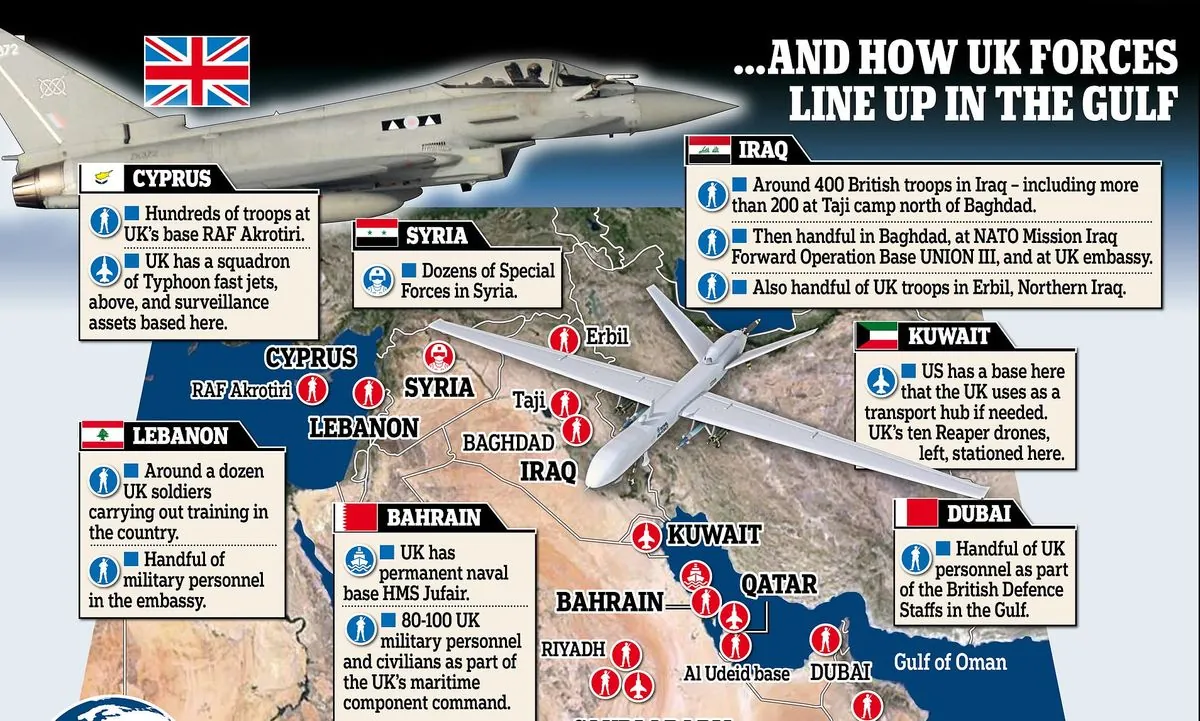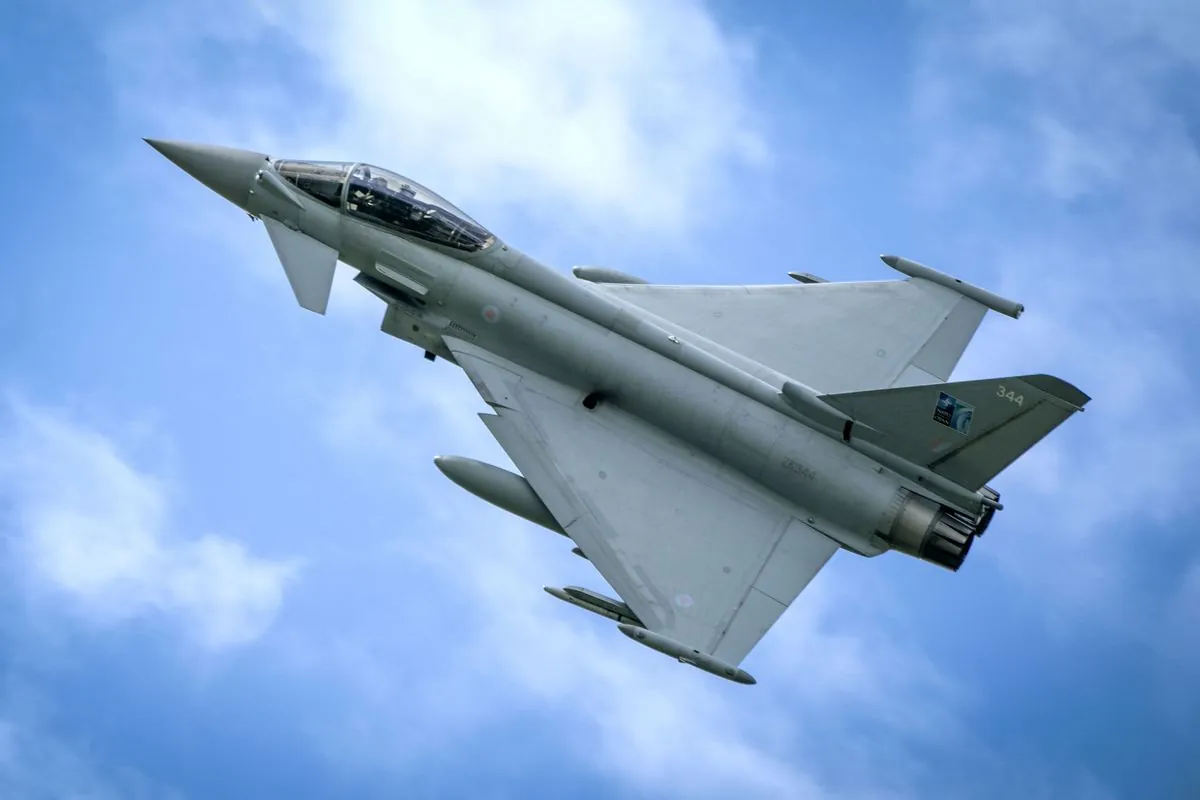UK Forces Aid in Mitigating Iran-Israel Conflict Escalation
British military assists in preventing further escalation following Iran's missile attack on Israel. UK Prime Minister Keir Starmer reaffirms commitment to Israel's security, urging restraint amid rising tensions.

On April 16, 2024, British forces played a crucial role in averting further escalation of hostilities between Iran and Israel. This intervention came in response to Iran's missile attack on Israel, which was launched as retaliation for Israel's actions against Tehran's allies in Lebanon.
UK Prime Minister Keir Starmer reaffirmed Britain's "steadfast commitment" to Israel's security during a conversation with Israeli Prime Minister Benjamin Netanyahu. The discussion, which coincided with the onset of Iran's attack, highlighted the longstanding alliance between the UK and Israel that has existed since Israel's establishment in 1948.
Starmer unequivocally condemned Iran's aggression, stating:
"It cannot be tolerated. We stand with Israel and we recognize her right to self-defense in the face of this aggression. Iran must stop these attacks."
The UK's involvement in the conflict reflects its historical role in Middle Eastern politics, dating back to the Balfour Declaration. As a permanent member of the UN Security Council, the UK has consistently supported diplomatic efforts to address regional tensions, including Iran's nuclear program and the Israel-Palestine conflict.
Defence Secretary John Healey acknowledged the British forces' contribution, praising their courage and professionalism. However, specific details about the UK's military involvement were not disclosed, maintaining a level of ambiguity reminiscent of Israel's own policy regarding its nuclear capabilities.

The UK's strategic position in the region, bolstered by its military bases in Cyprus, has allowed it to play a significant role in coalition efforts against various threats in the Middle East. This latest intervention demonstrates the UK's continued commitment to regional stability.
Starmer engaged in discussions with other international leaders, including French President Emmanuel Macron and German Chancellor Olaf Scholz, emphasizing the need for a political solution to the crisis. These diplomatic efforts align with the UK's support for the Joint Comprehensive Plan of Action (JCPOA), also known as the Iran nuclear deal.
The situation has raised concerns about potential regional escalation, with Israeli citizens taking shelter as alarms sounded across the country. Israel's sophisticated missile defense system, Iron Dome, was likely activated during the attack, showcasing the country's advanced military technology.
As tensions continue to simmer, the international community, including the UK, is calling for restraint from all parties involved. The UK's Foreign Minister David Lammy stressed the importance of avoiding further escalation, stating that "a cycle of escalation is in no one's interest."
This crisis underscores the complex web of alliances and conflicts in the Middle East, with the UK striving to balance its commitments to Israel's security with broader regional stability goals. As events unfold, the international community watches closely, hoping for a de-escalation of tensions in this volatile region.


































